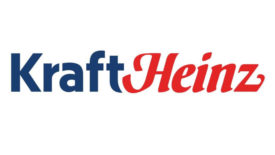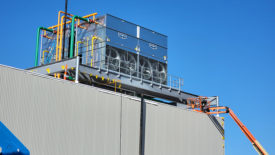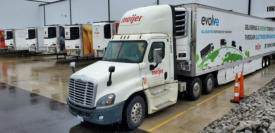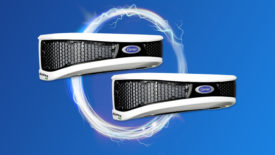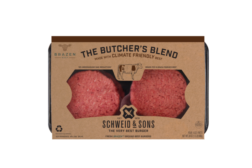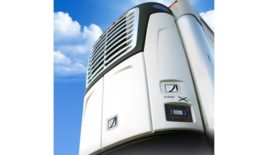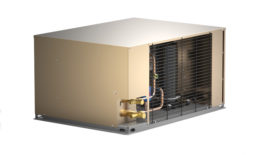Home » Keywords: » emissions
Items Tagged with 'emissions'
ARTICLES
“Delicious Decarbonization Through Integrated Electrification and Energy Storage” project will reduce annual emissions by more than 99% from 2022 levels.
Read More
Kraft Heinz Partners with Carlton Power on UK Renewable Green Hydrogen Project
Kraft Heinz aims to achieve net zero greenhouse gas emissions across its operational footprint and entire global supply chain by 2050.
February 13, 2024
Sustainable Solutions and Practices in Cold and Frozen Foods
Opportunities for energy and resource savings throughout the manufacture and distribution of refrigerated and frozen foods.
May 10, 2023
Schweid & Sons Debuts First-to-Market ‘Climate Friendly’ Ground Beef
First ground beef made from cattle enrolled in program with 10% greenhouse gas reduction from pasture to production against the standard emissions for conventionally raised beef
April 6, 2023
Get our new eMagazine delivered to your inbox every month.
Stay in the know on the latest food and beverage manufacturing markets.
SUBSCRIBE TODAYCopyright ©2024. All Rights Reserved BNP Media.
Design, CMS, Hosting & Web Development :: ePublishing
